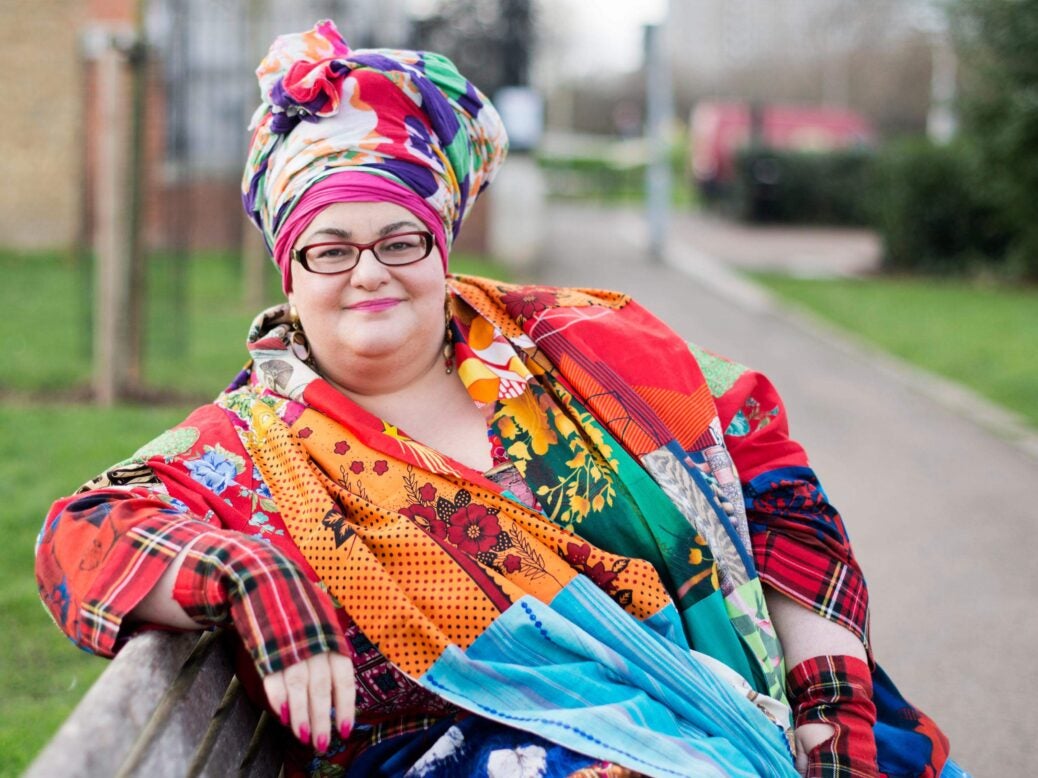
Robin Shaw says the immunity may someday be challenged under the Human Rights Act.
In February this year Alan Yentob, expense account king of the BBC, was very upset that he had been criticised by the Parliamentary Report into ‘The Collapse of Kids Company’, the children’s charity headed by the flamboyant Camila Batmanghelidjh. Yentob, who was the chairman of Kids Company, was accused by the report of negligently allowing Batmanghelidjh to spend millions of pounds with little or no oversight.
In response Yentob complained that he was unable to seek redress for the damage to his reputation by invoking the libel laws, as the authors of the report could not be sued over what they had said about him. In a statement, the former trustees, including Mr Yentob, said that the report would have been defamatory had it not been for parliamentary privilege.
So what is it that protects parliamentarians and makes them different from anyone else?
The Bill of Rights of 1688, supplemented by later legislation, prevents any court from questioning anything said or done, and from suing in respect of anything published under Parliamentary authority. The result is that anything said in either House, in evidence to any of Parliament’s numerous standing and special committees, or in any reports published by the committees, including the Kids Company report, are immune from a libel or slander claims. It is for this reason that MPs are sometimes challenged to repeat what they have said ‘outside the House’, because if they do so they will no longer be protected.
Of equal importance is the fact that fair and accurate reports of parliamentary business are protected by the defence of ‘qualified privilege’. This means the media can report Parliamentary proceedings (including on social media) without fear of a defamation action resulting.
Given the many centuries of the existence of the effective immunity Mr Yentob will not have been surprised to learn that he is not the first person to have claimed to be a victim of this law. There have been many examples over the years of the immunity being used, or as many have contended, abused, in a way that has allowed the media to publish salacious allegations which they otherwise would have never dared to do for fear of having to pay enormous libel damages and costs, or facing proceedings for contempt of court in cases where the courts have issued an injunction preventing the publication of ‘private information’.
The most notorious case of recent times was the case of Ryan Giggs (a well-known footballer) who had a lively love life and who had obtained a High Court super injunction preventing the media from identifying him as the footballer alleged to have had an affair with model Imogen Thomas. Ryan Giggs had obtained the injunction on the grounds that he was legally entitled to keep his relationships ‘private’, even to the extent that the reporting of the injunction’s existence was prohibited. Nevertheless, during a Commons debate on the use of injunctions, Liberal Democrat MP John Hemming used parliamentary privilege to let the cat out of the bag, the result of which was that Giggs’ misdeeds became front page news all over the media.
Not long before this, a huge multinational commodity trading and logistics company, Trafigura, had obtained a court injunction preventing the Guardian reporting on the contents of a private court document which suggested that Trafigura was responsible for dumping vast amounts of toxic waste in the Ivory Coast which had led to serious illnesses in thousands of local inhabitants. Trafigura attempts to keep this information from the public gaze failed when MP Paul Farrelly referred to the document in parliament leading to a deluge of newspapers articles which were not surprisingly highly critical of Trafigura.
More recently Labour MP Tom Watson has been severely criticised for naming Leon Brittan in connection with alleged child abuse under the protection of the parliamentary immunity, which led to extensive newspaper reporting.
It has been suggested that the immunity in its current form is incompatible with the Human Rights Act so one day a determined litigant may try and challenge it, assuming of the course that the Human Rights Act has not itself been abolished by then!
Robin Shaw is a consultant at Gordon Dadds






